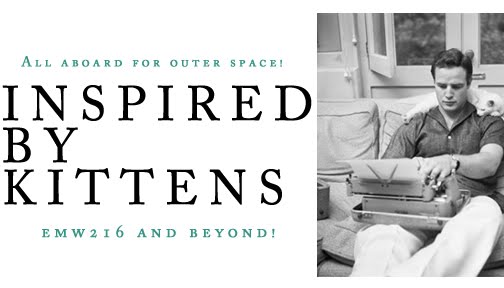
My roommate and her boyfriend were watching the first "High School Musical" movie last night and man, that thing hasn't aged well at all.
Time to make you feel a little old: this movie came out in 2006. It's already four years old.
The songs already sound electronic and cheesey, just like most Disney Channel Original Movie soundtracks. I was appalled. They were supposed to be timeless! We were supposed to be singing "getcha head in the game" while reading our monthly AARP newsletters!
I guess the main point I'm trying to make here is that media moves FAST. Something that was absolutely the definition of cool years ago is suddenly....this:
A dated song that most of the population doesn't really remember, left to sit and age on youtube like a carton of chocolate milk on a countertop. This stereotype-ridden jingle is representative of the internet at large, I think. The coolest, hottest new way to communicate can be left in the dust in a heartbeat.
It also makes me think of the overall cultural shift that America faces, the change from living completely private lives, even a few years ago, to now risking giving away too much. What happens when no one wants to read it anymore?
There's also the economic shift, the way the media totally owns us. When was the last time you had to find something out and didn't go to either google or wikipedia? Google owns pretty much the whole internet these days and is only expanding more.

This also kind of brings in the question of ownership. Google owns the rights to a lot of stuff on the internet. A lot a lot. We sign up to use websites, but that doesn't give us 100% ownership of everything we create there. A long time ago, I used a blogging website called greatestjournal. When I was about a junior in high school, I went back to read the stupid entries I had made as a middle schooler and was shocked to see that the entire website was gone, the victim of bad server hosting and lack of interest by the creators. My childhood internet experience was lost forever.
We're constantly being pushed to sign up for new and exciting websites. Stay in touch with your friends with facebook! Twitter is the simple solution to your life! Install this app, it'll help organize your ordinary, plain life! The persuasive techniques we see in television and radio advertising are a little more subtle when it comes to sites like facebook and twitter, but they still exist. But what happens when these things fall out of fashion? We're just left with huge amounts of information that no one wants to access anymore.
Who do you know that still has a myspace page?
 Technological trends move at a rapid pace. The hottest new social network site ever now will start to show its cracks and bruises in a few years and will soon be replaced by something new and exciting.
Technological trends move at a rapid pace. The hottest new social network site ever now will start to show its cracks and bruises in a few years and will soon be replaced by something new and exciting.Life moves pretty fast. Social networking moves as fast a hummingbird's wings.
We love to find the next new application that will make our lives so much easier and more fulfilling, and when we find it we leave the old ones to sit and age and rot, just like forgotten chocolate milk in the back of a fridge.




